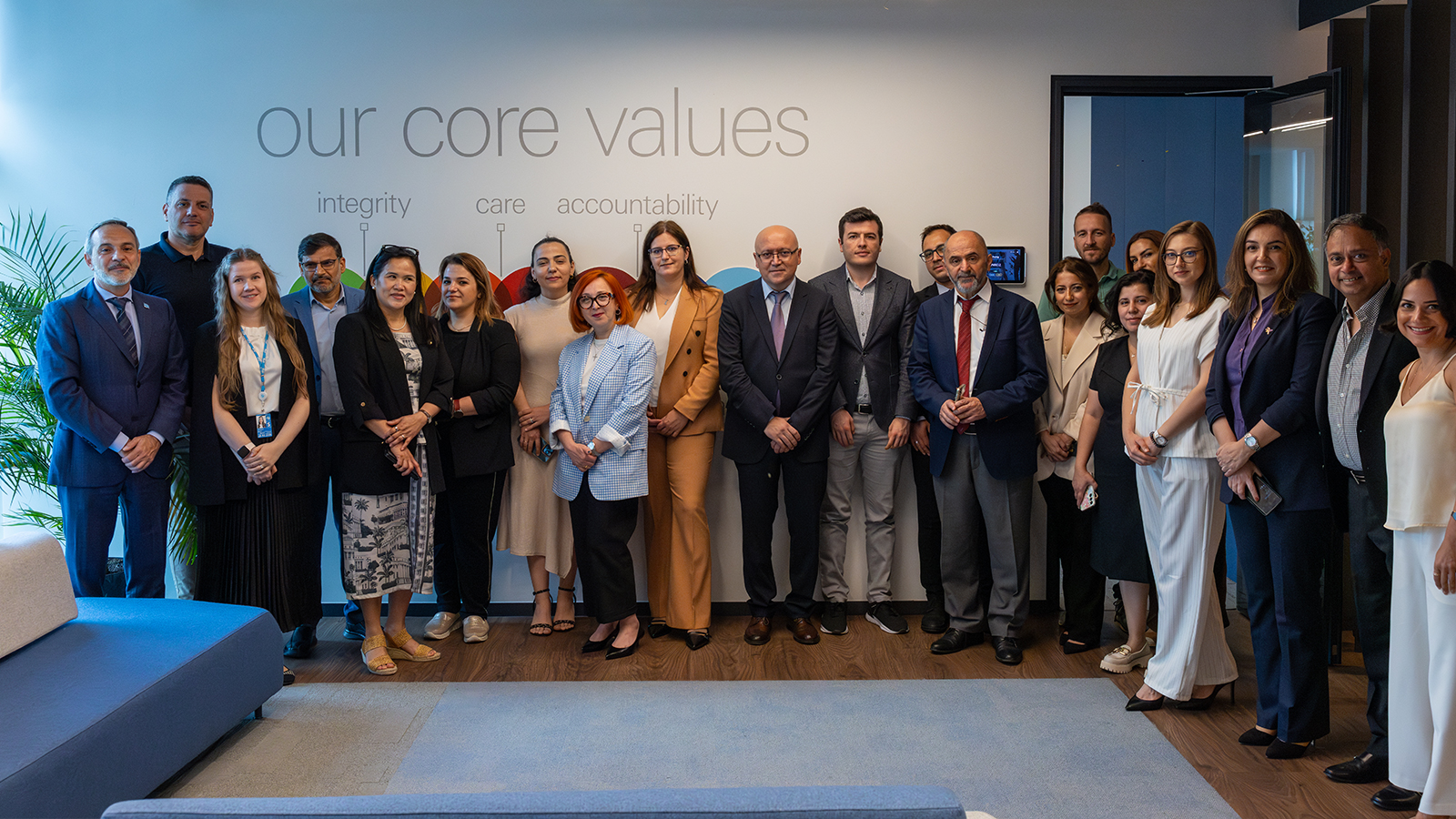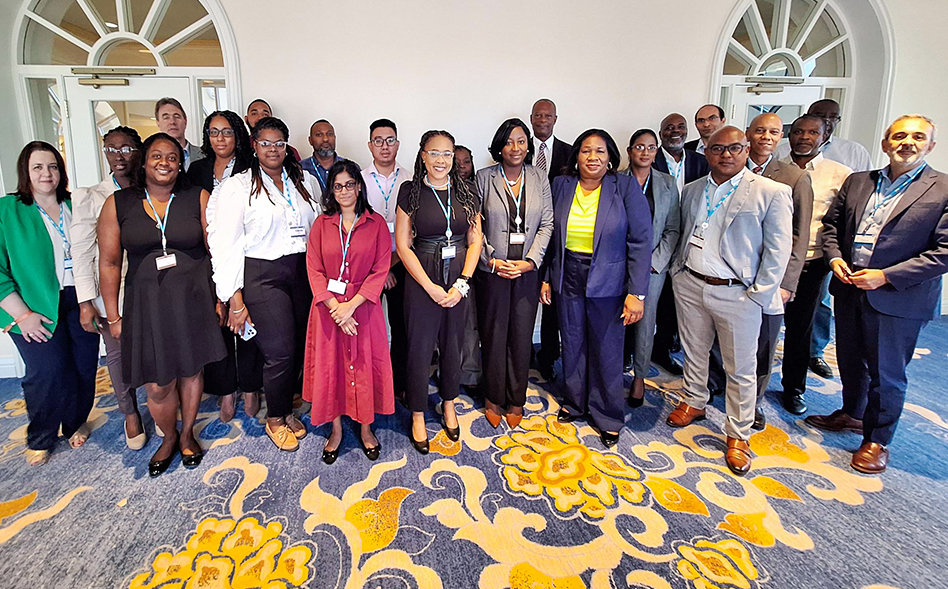
Promoting and Measuring Universal and Meaningful Connectivity in Doha, Qatar
The ITU Telecommunication Development Bureau (BDT), in collaboration with the European Union and hosted by the Communications Regulatory Authority (CRA) of Qatar, organized a Regional Workshop on Promoting and Measuring Universal and Meaningful Connectivity (UMC) for the Arab States, held in Doha, Qatar.
The event brought together participants from 17 countries in the Arab States, including telecommunications regulators, policymakers, and statistical officers.
The workshop provided a platform to discuss indicator-based strategies for advancing UMC in the region, focusing on improving ICT data collection and fostering collaboration between the users and producers of statistics.
Key sessions covered the UMC measurement framework, country case studies, ITU statistical standards and innovative data sources.
Through panel discussions and group exercises, participants identified critical indicators and best practices to support digital transformation and policy implementation across the Arab States.
“The Regional Workshop was a great opportunity to meet with different data producers in the Arab region, hear about similar challenges and learn from other countries’ experiences. It was a valuable opportunity as well to present the Egyptian experience related to how indicators constitute an integral part of the decision-making process inside the Ministry of Communications and Information Technology. The workshop touched on many relevant topics, especially the latest updates on indicators, how to tackle different challenges in data collection and validation, as well as the legal frameworks within which ICT statistics are collected and how to improve them,” said Dr Hedaia-t-Allah Nabil Mahmoud Abd El Ghaffar, Director of the Economic Affairs and International Indicators Department, Ministry of Communications and Information Technology of Egypt.
“For me, the key takeaways were the importance of properly setting the legal and cultural environment for gathering and validating ICT statistics, as well as the recommended requirements to produce accurate, non-contradictory statistics in the most economically efficient way. In addition, we gained substantive knowledge about how to incorporate and improve the usage of ICT statistics in the decision-making process,” she added.
About the project, Promoting and measuring universal and meaningful connectivity
The International Telecommunication Union (ITU) through its Telecommunication Development Bureau (BDT) and European Commission project “Promoting and Measuring Universal and Meaningful Connectivity” aims to enable countries to adopt a more holistic approach in developing national strategies that prioritize digital connectivity. As part of the project, a series of regional workshops are being held to help policymakers and statisticians assess data-driven national policies and strategies, monitor progress, and identify best practices and policy recommendations to accelerate universal and meaningful connectivity in their respective countries.
This is an ITU Development #DigitalImpactUnlocked story
About the project
Project number: 9GLO23123
Project title: Promoting and measuring universal and meaningful connectivity
Description: The Universal and Meaningful Connectivity (UMC) narrative is mainstreamed and significant progress towards the 2030 UMC targets is achieved globally. Countries are encouraged to adapt their strategy from a narrow focus on infrastructure to a holistic approach that also includes the other enablers of meaningful connectivity: quality, affordability, skills, security. UMC is a necessary condition for a prosperous and inclusive society. This is equally valid for low-income countries as it is for high-income countries such as the EU Member States. It is primordial that the UMC concept is communicated to policy makers so that they can include it in national policy agendas. A partnership between the EC and ITU will ensure that policy makers of countries at all levels of development can be targeted. It will also increase the weight that will be attached to our interventions.
Visit the project page for more details.


